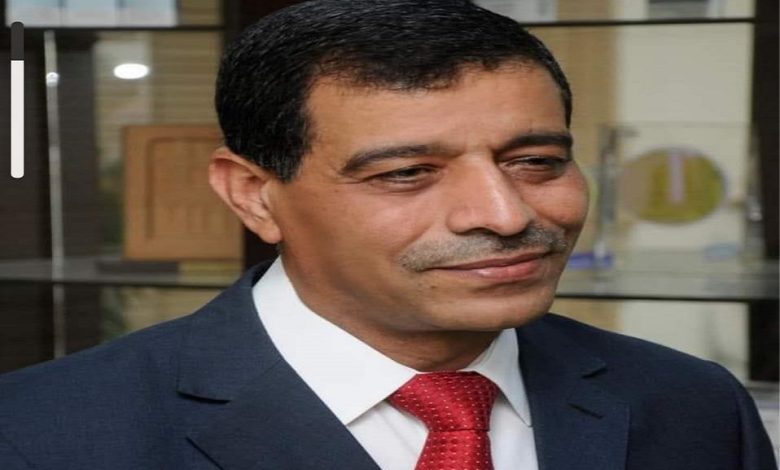
By : Nedal Zubeidi
Jordan Daily – Dr. Omar Shobaki, former president of the Jordanian Society for Plastic surgery and Reconstructive Surgeons (JSPRS) has raised concerns about the growing number of unqualified individuals performing plastic surgery in Jordan. He warned that the trend threatens patient safety and could damage the country’s reputation as a premier destination for medical tourism.
In an interview with Jordan Daily , Dr. Shobaki , the General Manager of Ibn Khaldoun plastic surgery and laser center , highlighted Jordan’s high standards in plastic surgery, noting that the country has approximately 72 qualified plastic surgeons who are well-trained in both aesthetic and reconstructive procedures. “We can perform all types of plastic surgery- whether aesthetic, reconstructive, or microsurgery-because our hospitals are fully equipped,” he said.
Dr. Shobaki stressed that Jordan’s plastic surgery costs are highly competitive compared to other regional countries, such as Turkey and the Gulf states. “The prices of plastic surgery procedures in Jordan are better than in the region,” he noted, adding that this advantage, combined with high-quality outcomes, has made Jordan a key destination for medical tourism.
However, Dr. Shobaki warned of an alarming rise in unqualified practitioners, including general practitioners, family medicine doctors, and non-medical professionals such as beauticians, who are performing plastic surgery procedures. “Some people take courses for just three or four days and then start performing surgeries,” he said. He explained that becoming a qualified plastic surgeon requires extensive training- approximately 16 years, including medical school, internships, and specialized residencies.
The rise in untrained practitioners has led to a spike in complications and disfigurements among patients, Dr. Shobaki said. “There are a lot of complications, and sometimes the damage is so severe that even as a plastic surgeon with more than 30 years of experience, I can’t fix it,” he explained. He added that these botched surgeries have caused emotional harm as well, sometimes leading to family breakdowns. “People are getting disfigured, and this is affecting their families and marriages, even leading to separations and divorces.”
Dr. Shobaki urged the public to verify the credentials of any surgeon they choose by consulting the Ministry of Health, the Jordan Medical Council, or the Jordanian Society for Plastic Surgeons and Reconstructive Surgeons. “This is your health and your body. Don’t follow social media, which often misleads people,” he said, stressing the importance of ensuring a surgeon is properly registered.
He also expressed concern that these practices could tarnish Jordan’s medical tourism industry, which is a significant contributor to the national economy. “Medical tourism is one of the main sources of income for Jordan,” Dr. Shobaki said. “If something goes wrong, it will not just affect patients, but it will also harm the reputation of Jordan as a whole.”

